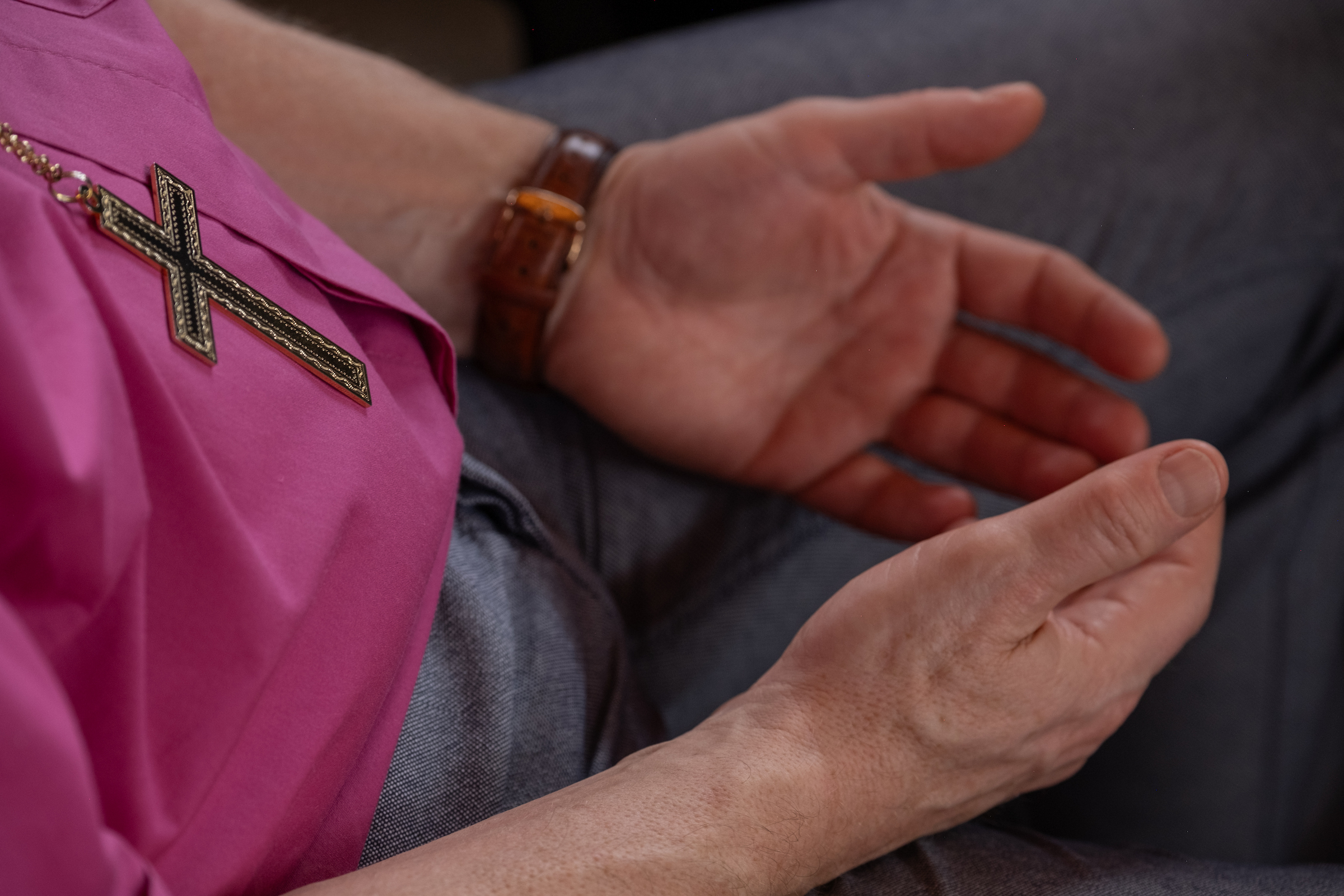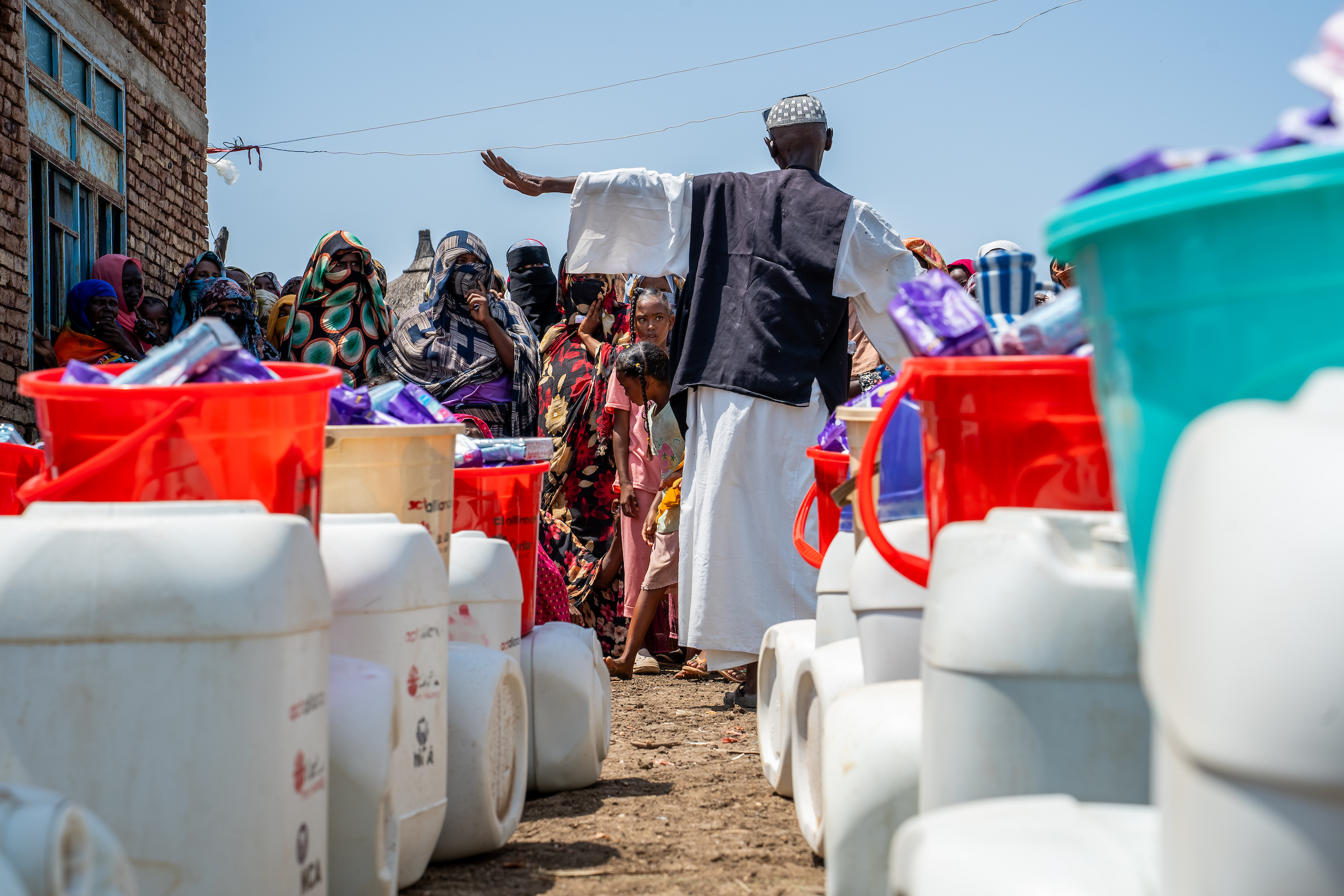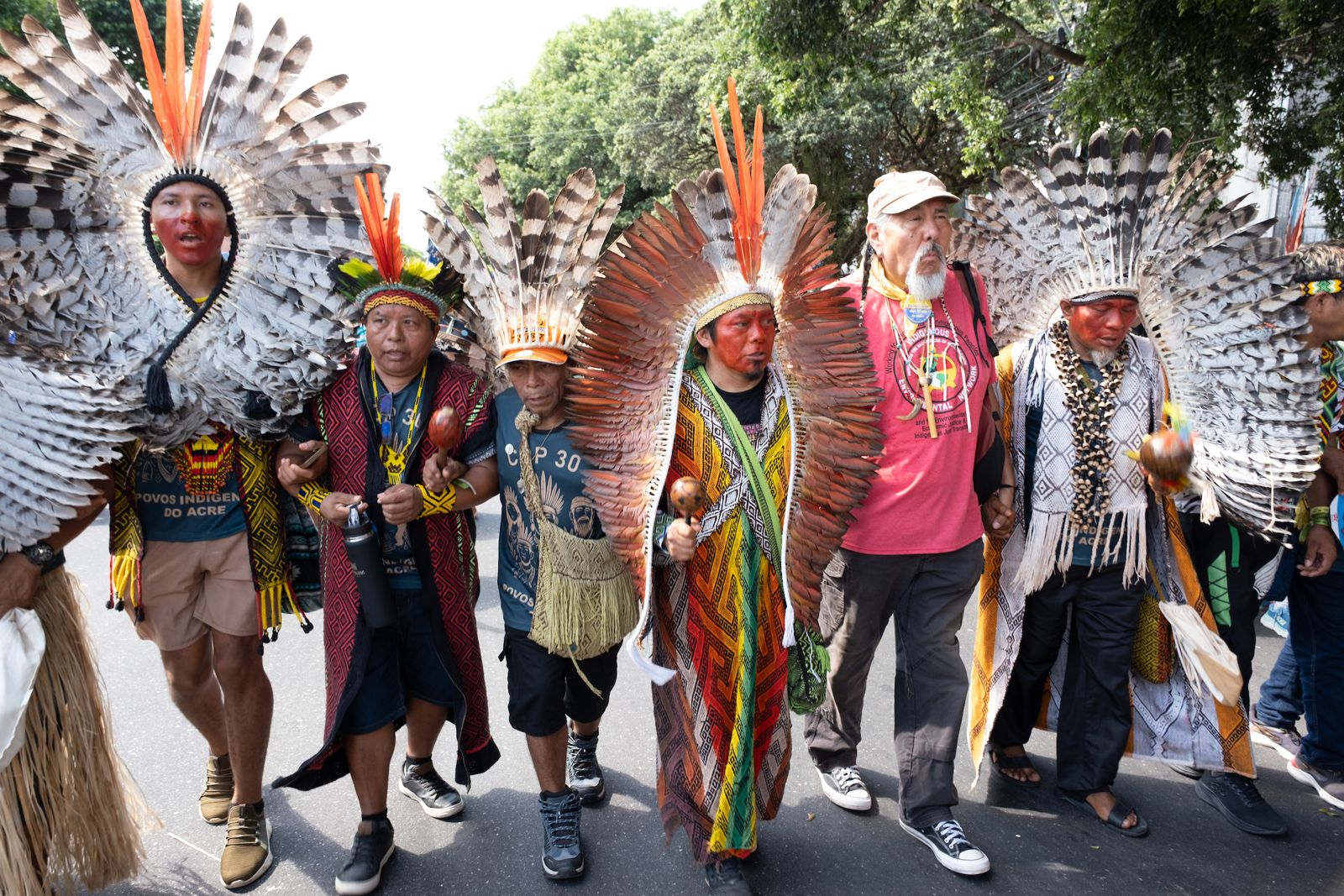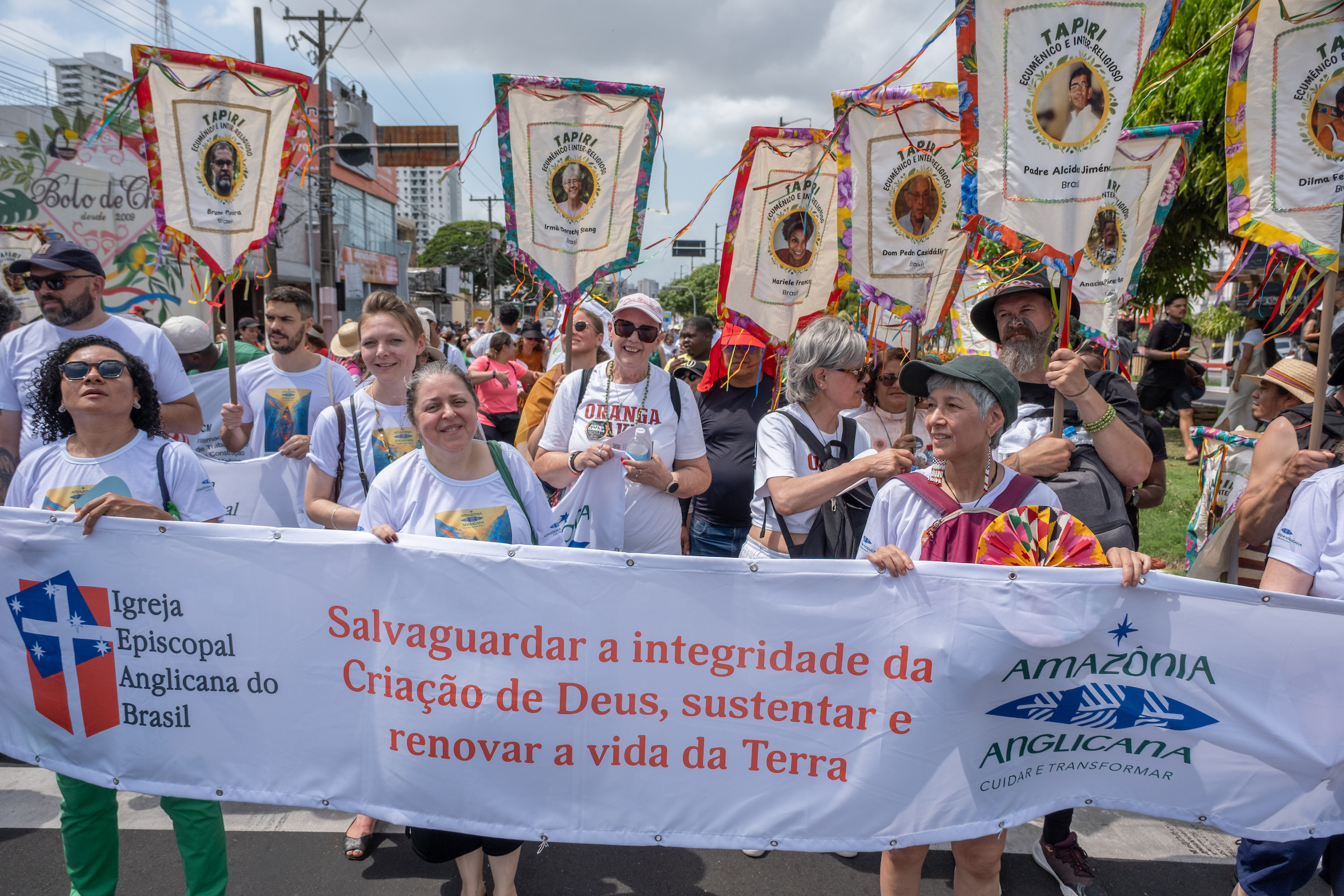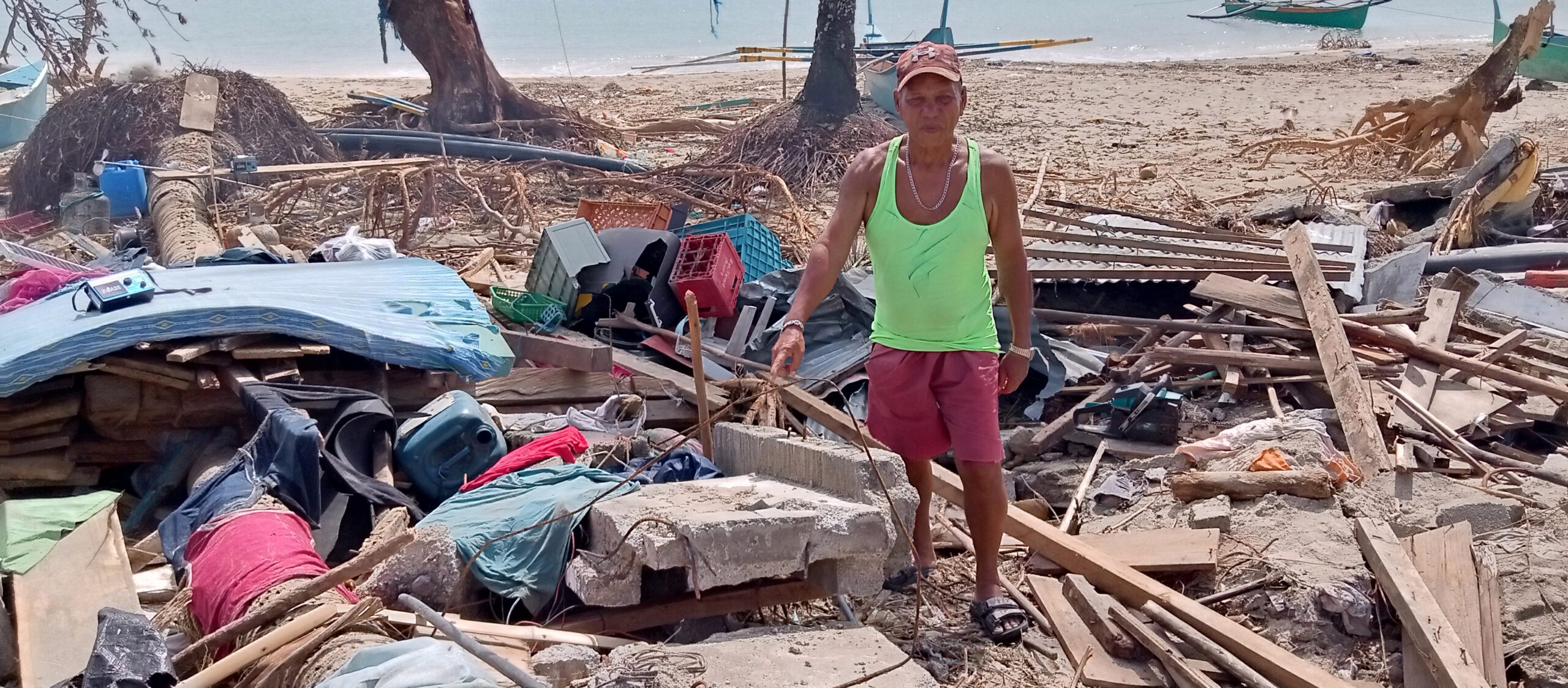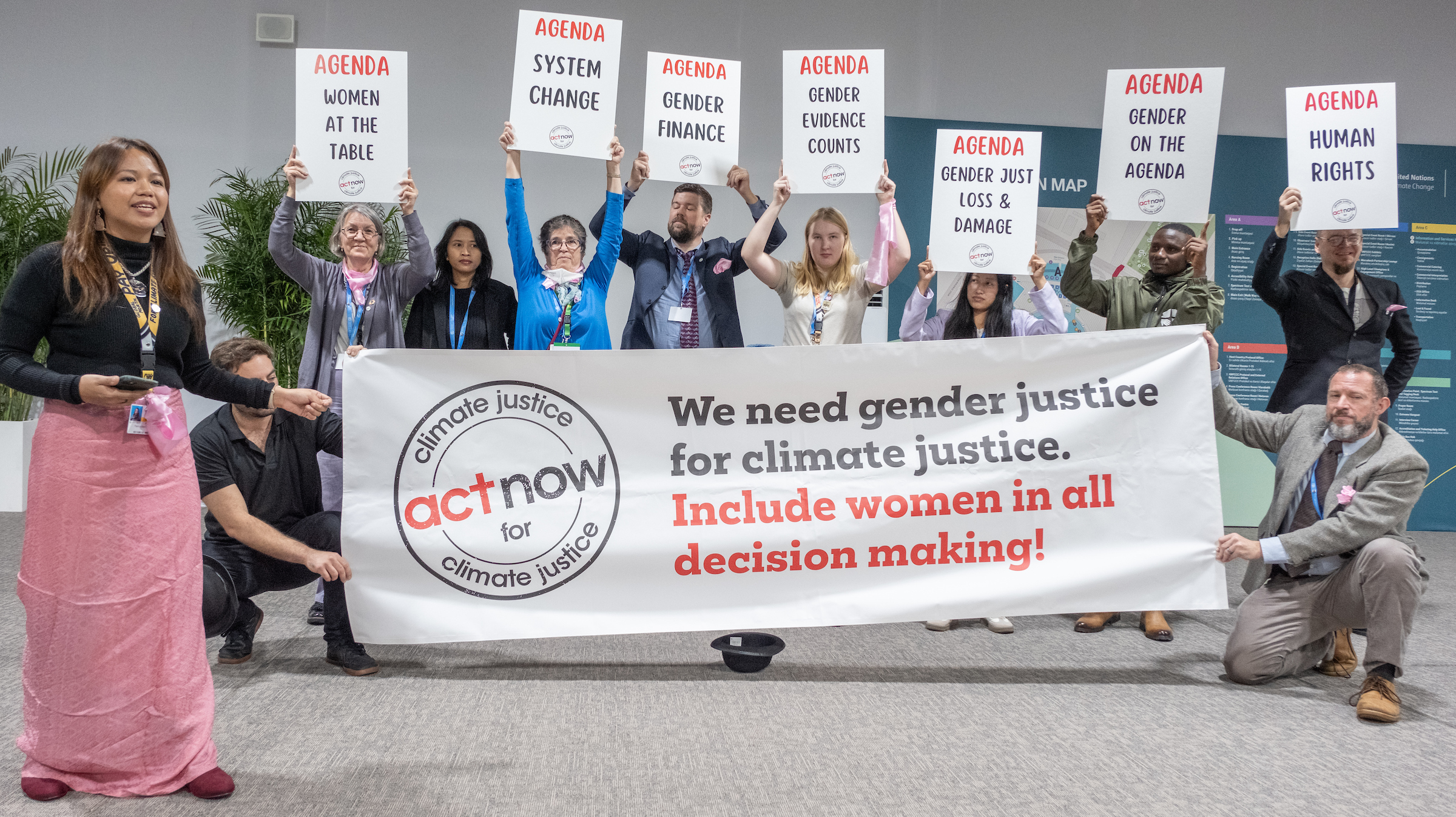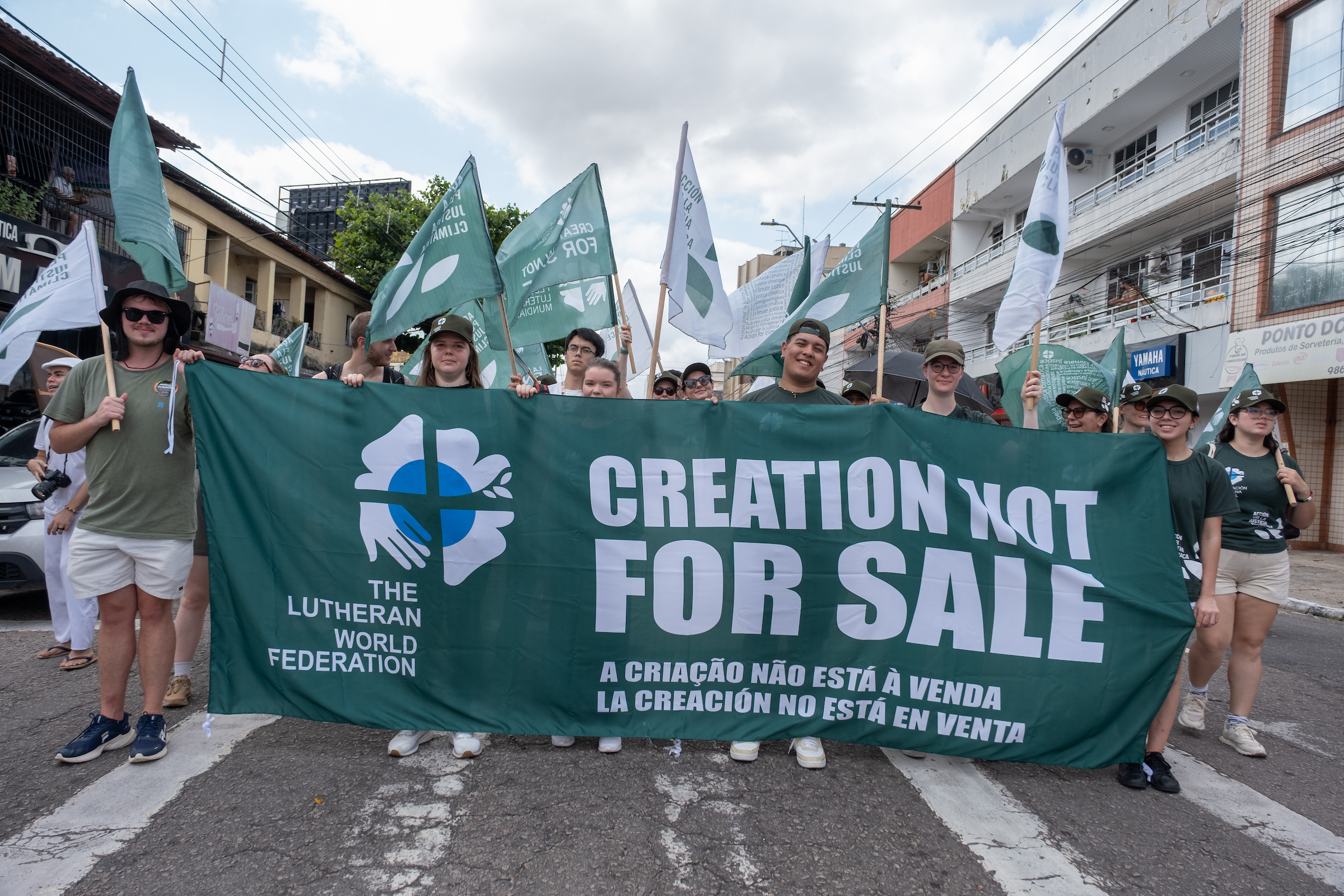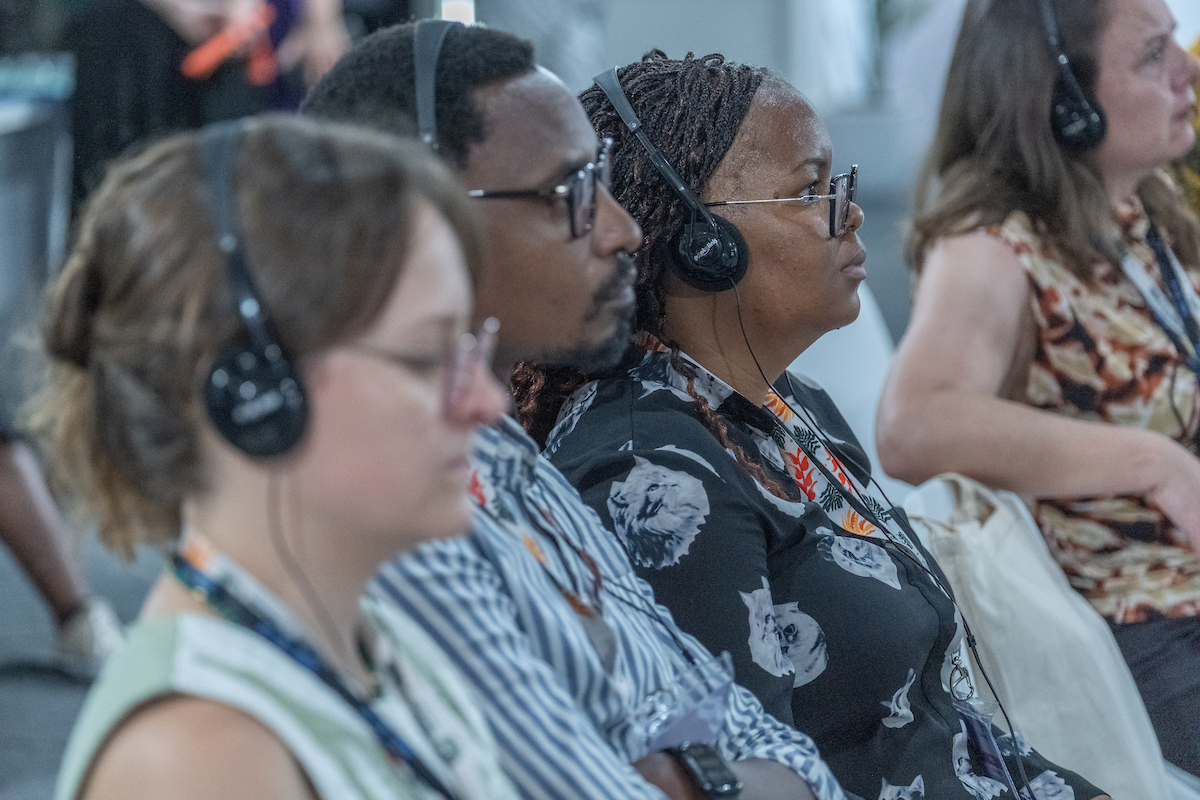Co-authored by Illari Aragon and Mareez Magdy
Adaptation is a matter of survival. Nearly half of the world’s population already lives in climate-vulnerable hotspots, yet progress on both financing and implementing adaptation measures continues to fall dangerously behind. The UN Adaptation Gap Report 2024 estimates the annual financing shortfall at a staggering US$187 – 359 billion, a gap that will only grow wider as climate impacts intensify.
COP30 marks a pivotal moment for closing this gap. After years of slow and uneven progress, countries are expected to adopt the indicators for the Global Goal on Adaptation (GGA), a critical step that would finally establish transparent, measurable, and comparable tracking of global adaptation efforts. Delivering these indicators is one of COP30’s key outcomes, placing adaptation at the center of this year’s negotiations.
But talks within the first week of COP30 have hit a roadblock. African, Latin American, and Arab negotiating groups are pushing hard for increased funding, arguing that without meaningful finance, adaptation metrics are nothing more than words on paper. The negotiation text shows no signs of convergence (every line remains bracketed) showing how much work remains for week two of COP30. Ministers will now need to step in to navigate the deep political divides.
Although the GGA indicator track does not have a formal mandate to address finance, adaptation funding has nonetheless erupted as a flashpoint in the discussions. This only highlights the mounting urgency: countries cannot meaningfully track adaptation progress without the resources to implement it.
On finance, the choices on the table couldn’t be clearer. Negotiators are considering two main options: establishing a new adaptation finance goal of US$120 – 150 billion per year by 2030 (a dramatic increase from the current US$40 billion target for 2025) or adopting no quantified finance goal at all.
“Adaptation finance has lagged behind for a decade because the global system was never designed to deliver it at the scale needed. COP30 must correct this by setting a separate, measurable, and grant-based adaptation finance target; anything less would be another decade of broken promises.”Vincent Mogaka Senior Programme Officer - ACT Alliance.
Amid high-level negotiations, it is easy to forget that adaptation succeeds or fails far from the plenaries – in farms, villages, and communities already living the daily realities of climate change. In Egypt’s rural regions, rising temperatures, shrinking water sources, and unpredictable harvests are reshaping livelihoods. Yet it is precisely here that some of the most effective adaptation work is taking place.
The Bishopric of Public, Ecumenical and Social Services (BLESS), the social development arm of the Coptic Orthodox Church, has long been rooted in these communities. Their approach is simple but powerful: build resilience from the ground up. Through their Agricultural Development Programme, BLESS supports smallholder farmers with climate-resilient seeds, weather alerts, and training in sustainable farming practices across more than 100 rural communities each year.
The results are undeniable. By promoting ridge planting, efficient irrigation, and organic composting, farmers are learning to grow more with less.
“We are seeing change in the land and in people’s confidence, now we know how to save water and increase our yield.” one farmer notes.
In 2025 alone, the Wheat and Maize Initiative by BLESS reached 5,000 farmers benefiting more than 26,000 people and boosted yields using eco-friendly, climate-smart methods.
BLESS’s work shows that adaptation is not about quick fixes; it is about strengthening knowledge, ownership, and dignity. When communities help shape their adaptation strategies, they find solutions that are rooted in both lived experience and local wisdom.`
As COP30 debates metrics and finance, world leaders must commit to scaling up support for local solutions that protect lives, livelihoods, and ecosystems. The solutions exist; what’s needed is trust and support to scale them.
We stand with global partners in calling for adaptation finance that is truly accessible and reaches the communities on the frontlines. Locally led action must be more than a talking point; it should be a cornerstone of COP30.
When it comes to the GGA, Parties must adopt indicators that deliver real-world impact. These indicators should reflect what is already being implemented on the ground, pinpoint where additional support is urgently needed, and reveal the gaps where action remains insufficient. Most importantly, they should drive increased action, not serve as a box-checking exercise for reporting.
Climate justice begins when those most affected lead the way.

